Professor Usman Yusuf, former Executive Secretary of the National Health Insurance Scheme (NHIS), has accused President Bola Tinubu’s administration of weaponizing the Economic and Financial Crimes Commission (EFCC) to silence critics and suppress dissent. In an interview on Arise TV on Sunday, April 27, 2025, Yusuf claimed his detention in early 2025 was a deliberate attempt to intimidate him for his outspoken criticism of the government’s economic policies and alleged marginalization of Northern Nigeria.
Yusuf was arrested on January 29, 2025, when EFCC operatives entered his Abuja home without an arrest warrant, an action he described as a “Gestapo-style operation.” He recounted, “At about 6:30 PM, my wife said some gentlemen knocked and walked into the house, claiming I was expecting them. They showed EFCC badges only after I asked.” Prevented from changing clothes and accompanied by armed officers who treated him “as if they had captured a notorious criminal like Kachalla Bello Turji,” Yusuf spent six days in EFCC custody before his arraignment on February 3, 2025, on a five-count charge of alleged fraud totaling N90.4 million, including unauthorized payments and contracts. He pleaded not guilty before Justice Chinyere Nwecheonwu of the Federal Capital Territory High Court in Kuje.
Yusuf alleged he was denied bail due to the judge’s illness, a move he called unconstitutional, resulting in 24 days at Kuje Correctional Centre from February 3 to February 27, 2025. “Bail is a constitutionally guaranteed right, except in cases of capital offences or terrorism, and my case was neither,” he said, insisting the denial was meant to “shake me up.” He described his prison time as a “retreat for rest, prayers, and reflection,” which strengthened his resolve. A court granted him bail on February 27, 2025, but Yusuf maintains the charges, stemming from a 2018 petition, are politically motivated, triggered by his January 25, 2025, speech at a Bauchi youth summit criticizing Tinubu’s policies.
The EFCC, through spokesperson Dele Oyewale, denied political motives, stating the case was based on a 2018 petition and five years of investigation, unrelated to Yusuf’s criticisms. However, Yusuf argued the Tinubu administration is stifling dissent, pointing to his treatment as evidence of a broader campaign to create a “one-party dictatorial state.” He noted the irony, given Tinubu’s history as a NADECO activist who opposed military rule. “Criticising a government is the legitimate right of every citizen. We are not going to let that happen,” he vowed.
Yusuf’s tenure as NHIS boss, appointed by President Muhammadu Buhari in 2016, was fraught with controversy. Suspended in 2017 by the health minister and in 2018 by the NHIS board over alleged corruption, he was sacked in 2019. His arrest drew condemnation from the Coalition of Northern Groups (CNG), which labeled it “political persecution” and a violation of free speech, urging Tinubu to respect democratic principles. X posts, including @NigeriaStories and @ParallelFacts, amplified Yusuf’s claims, reflecting public concern over perceived government overreach.
The case highlights tensions between Nigeria’s anti-corruption efforts and allegations of targeted silencing, with Yusuf’s legal battle ongoing as the court adjourned his case to May 2025 for further hearing. His accusations resonate with broader criticisms of Tinubu’s administration, amid economic challenges like 23.18% inflation and defections to the APC, raising questions about democratic space in Nigeria.

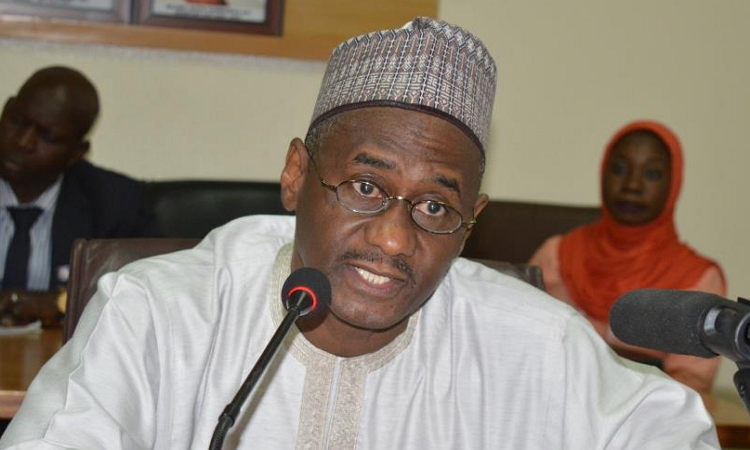

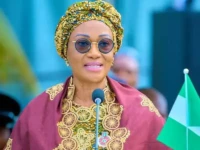
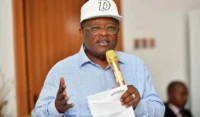
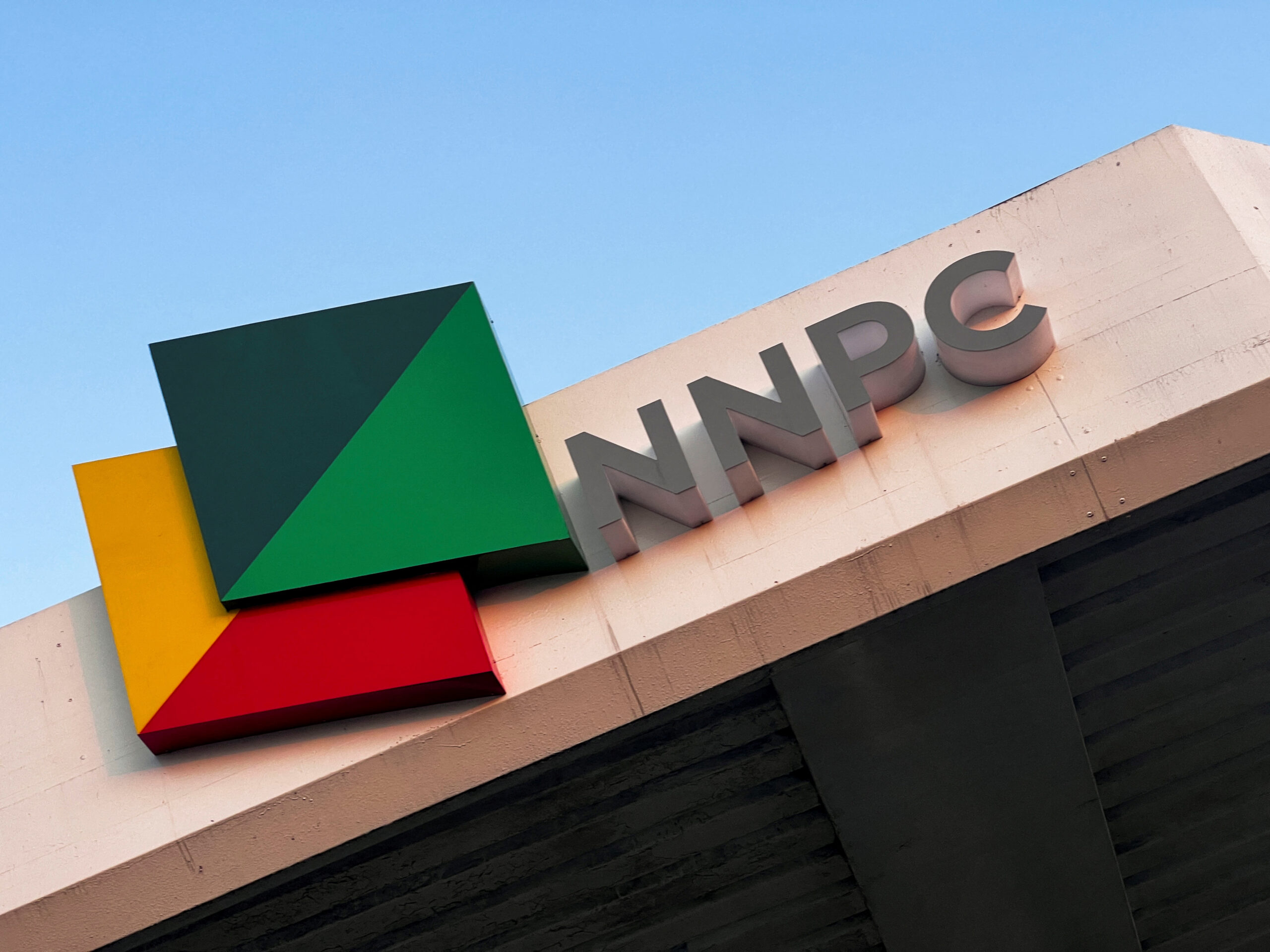


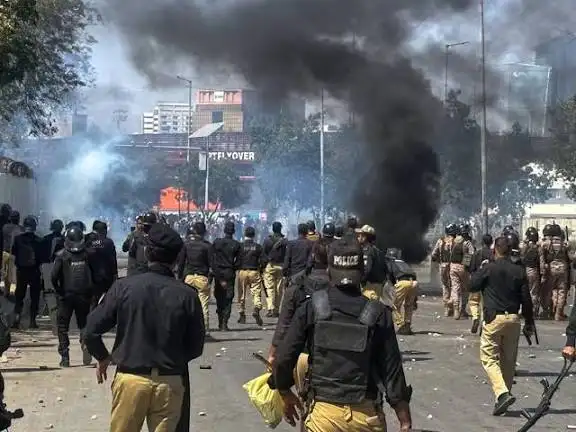
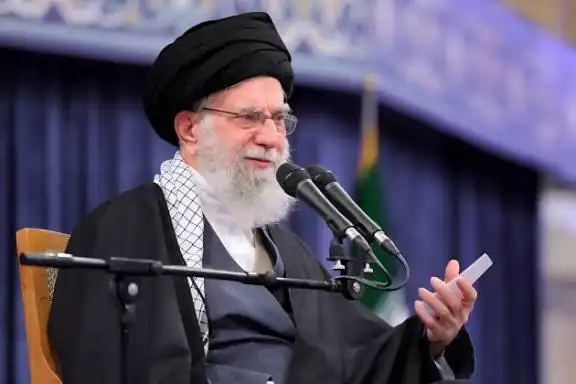
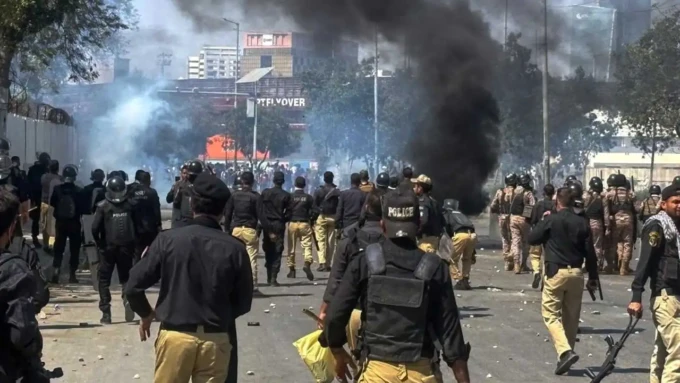

Tinubus alleged suppression of dissent is concerning. Should political leaders use EFCC to silence critics? Lets discuss.
Whoa, can Yusuf really prove Tinubus involvement in his EFCC detention? This drama just got juicier. Cant wait for the truth to unfold!
Is Yusufs accusation against Tinubu valid or just a diversion tactic? Lets discuss the politics behind this drama.
Hmm, I wonder if theres any truth to Yusufs claims or if its just a case of political mudslinging. What do you guys think?
Hmm, I wonder if theres more to this story than meets the eye. Could there be some truth to Yusufs allegations against Tinubu? 🤔
Wow, Yusufs accusation against Tinubu is bold! Do you think theres truth to it or just political drama? Lets discuss!
Wow, Yusufs accusations against Tinubu are intense! Do you think theres truth to it or just political drama? Lets discuss!
I find it hard to believe Yusufs claims against Tinubu. Is there concrete evidence or just a baseless accusation? Lets discuss!
Is Yusufs accusation against Tinubu valid or just a diversion tactic? Lets discuss with an open mind.